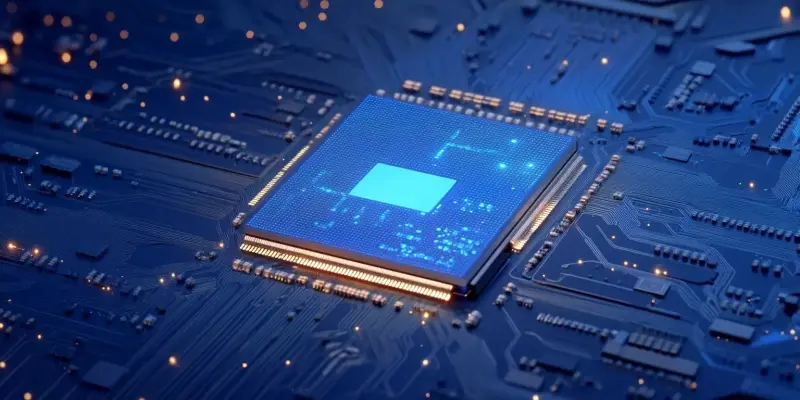Recent advancements in DeepSeek’s R1 AI model and its deployment on Huawei’s Ascend 910C AI chips have sparked significant changes in the global AI market. Investors were taken aback when the R1 model’s impact led to a staggering $2 trillion dip in the US stock market, signaling the disruptive power of these recent technological innovations. The R1 model’s development, despite criticisms surrounding its computational demands and substantial resources, has benefited greatly from the remarkable capabilities of Huawei’s Ascend 910C chips. These chips, positioned to rival NVIDIA’s Hopper #00 AI accelerators, represent a significant stride in AI hardware innovation and are anticipated to enter mass production by the first quarter of 2025.
Huawei’s Ascend 910C chips have garnered attention from major Chinese technology firms such as ByteDance and Tencent, marking a pivotal moment in the AI hardware industry. The “$5 million” figure commonly associated with DeepSeek’s R1 model refers specifically to the operational costs of running the final AI model, not the total cost of training it. DeepSeek’s access to over 50,000 of NVIDIA’s #00 GPUs highlights the resource-intensive nature of this AI endeavor. Nevertheless, the growing domestic availability and competitive pricing of Huawei’s AI chips offer a viable alternative to NVIDIA’s offerings, indicating a shift in the market dynamics toward Chinese technology solutions.
Beyond the immediate impact of the R1 model, Huawei is already looking ahead to the next generation of Ascend AI chips, which promises to be formidable competitors to NVIDIA’s upcoming Blackwell AI products. This continued innovation is expected to intensify the competition in the global AI market. As the advantages of using Huawei’s chips become increasingly evident, the perception and adoption of AI hardware may undergo a significant transformation. The expected mass production of these advanced chips will likely accelerate this shift, attracting more industry players to consider integrating Chinese technology into their AI infrastructure.
Ultimately, the rapid advancements driven by DeepSeek’s R1 model and Huawei’s Ascend 910C AI chips have reshaped the AI landscape, challenging established players and forging a path for new competitors to emerge. In the broader context of AI industrial progression, the entrance of Huawei’s chips into mass production highlights the evolving nature of the technology market. The potential shift towards Chinese-made AI hardware solutions indicates a future where global AI market dynamics are increasingly influenced by emerging players, promising a competitive and innovative environment for the development and application of artificial intelligence technologies.

